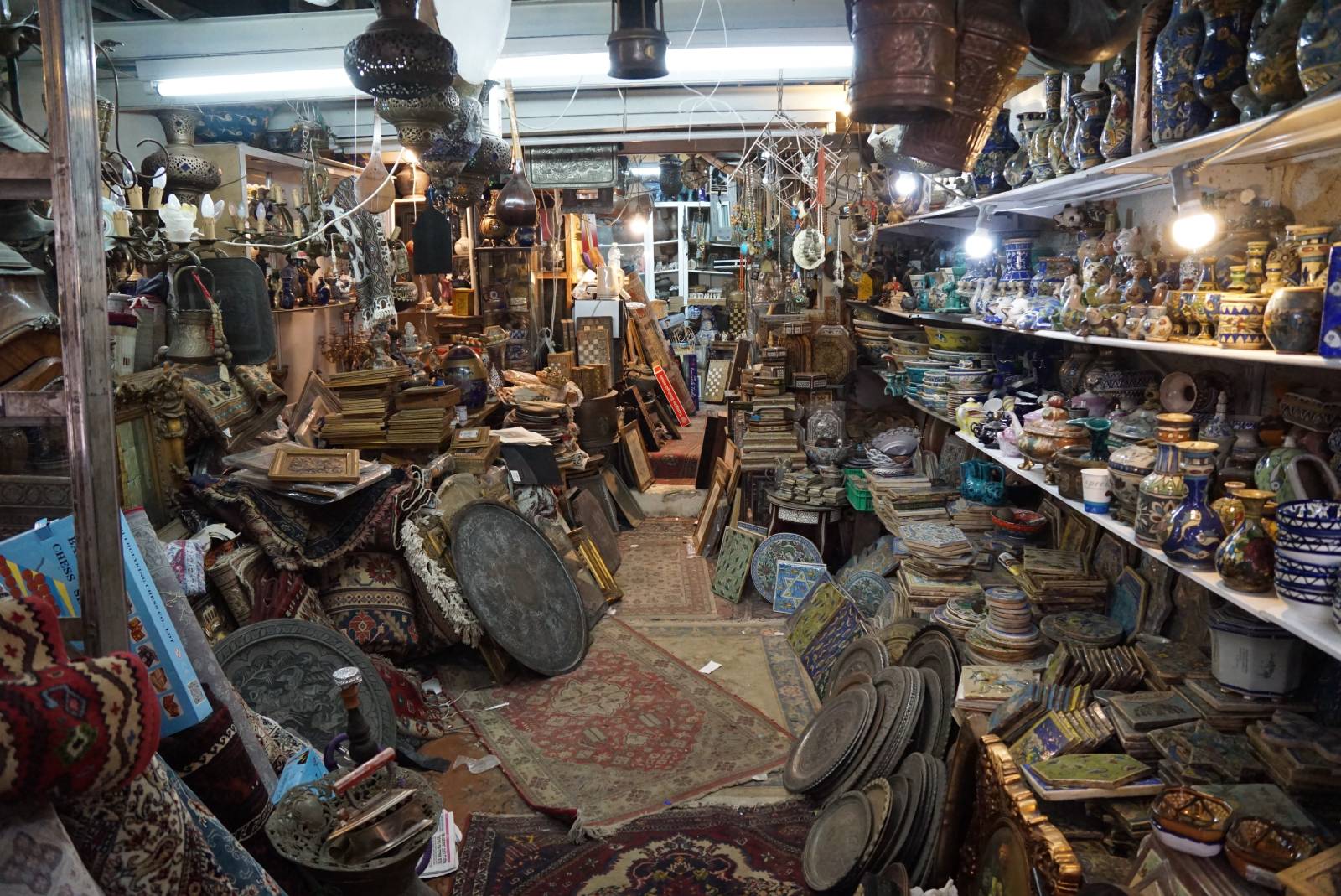Table of Contents
Dive into the World of Freecycle and Discover its Impact on Reducing Waste, Fostering Community, and Supporting Sustainable Living
The Freecycle Network, a global grassroots movement, is gradually transforming the landscape of waste and consumption in the United Kingdom. This environmentally friendly initiative focuses on promoting a culture of reuse, recycling, and community engagement. In this article, we will delve into the history, benefits, and mechanics of Freecycle, providing an in-depth understanding of its impact on UK markets. Be prepared to discover a world of free, eco-friendly exchanges that not only reduce waste but also foster a sense of community and sustainability.
A Brief History of Freecycle
The Beginnings
The Freecycle Network was founded in 2003 by Deron Beal in Tucson, Arizona. His vision was to create a platform for individuals to give away items they no longer needed, thereby reducing waste and promoting reuse. Initially, it began as an email group with only 30 members but quickly gained traction.
The Expansion
Freecycle’s concept of a “gift economy” resonated with many people, leading to its rapid growth. Today, the network boasts over 9 million members across 110 countries, with thousands of local groups participating in this free exchange of goods.
Freecycle in the UK
The United Kingdom embraced Freecycle early on, with the first British group being established in London in 2004. Since then, the movement has proliferated throughout the country, with hundreds of groups now active in towns and cities across the UK.
How Freecycle Works
Joining a Group
To participate in Freecycle, one must first join a local group. This can be done by searching for groups on the Freecycle website and selecting the one closest to their location. Membership is free and only requires an email address.
Posting Items
Once a member, individuals can post items they wish to give away on the group’s page. Descriptions and photographs of the items are encouraged to provide potential takers with sufficient information.
Claiming Items
Members interested in obtaining a posted item can contact the giver directly, typically via email. Arrangements for pickup or delivery are then made between the two parties.
Etiquette and Guidelines
Freecycle encourages a courteous and respectful environment. Members are expected to follow the group’s guidelines, which include refraining from posting illegal items, spam, or unrelated content. Additionally, all exchanges must be free, without any monetary transactions involved.
The Benefits of Freecycle
Environmental Impact
Freecycle plays a significant role in reducing waste and promoting sustainability. By facilitating the exchange of used items, the network diverts countless items from landfills and conserves resources that would otherwise be used in the production of new goods.
Community Building
Freecycle fosters connections between community members, encouraging local interactions and engagement. This sense of community promotes a culture of giving, sharing, and mutual support.
Financial Savings
By providing a platform for the free exchange of goods, Freecycle offers its members the opportunity to save money on items they might otherwise need to purchase. This benefit is particularly valuable for individuals and families on tight budgets.
Encouraging Creativity and Upcycling
Freecycle inspires creativity by providing access to materials and items that can be repurposed, upcycled, or transformed. Members can experiment with new hobbies, crafts, or DIY projects without incurring the cost of purchasing supplies.
Examples of Items Commonly Freecycled
- Furniture
- Household appliances
- Electronics
- Clothing and accessories
- Books and educational materials
- Garden tools and equipment
- Toys and children’s items
- Craft supplies
- Kitchenware
- Sports equipment
The Impact of Freecycle on the UK Market
Shift in Consumer Behaviour
The Freecycle Network contributes to a shift in consumer behaviour by encouraging a culture of reuse and recycling. This shift has potential implications for traditional retail markets, particularly for manufacturers and sellers of new goods. As consumers become more conscious of their environmental footprint, they may choose to source used items from Freecycle rather than purchasing new ones.
Encouraging a Circular Economy
Freecycle supports the development of a circular economy in the UK. In a circular economy, resources are kept in use for as long as possible, with waste and resource consumption minimised. This model contrasts with the traditional linear economy, which follows a ‘take-make-dispose’ model of consumption. By promoting reuse and recycling, Freecycle contributes to the circular economy’s growth and sustainability.
Impact on Waste Management
Freecycle can help reduce the volume of waste that goes into landfills, thereby potentially decreasing the costs associated with waste management. This reduction in waste could lead to significant savings for local councils and governments, freeing up resources for other public services.
Potential Challenges for Traditional Retail
As Freecycle promotes reuse and recycling, it could present challenges for traditional retail markets. Retailers may need to adapt their strategies to accommodate the growing consumer preference for sustainability. This adaptation could involve offering more durable products, incorporating recycled materials, or providing services such as repair and refurbishment.
Conclusion
The Freecycle Network, with its ethos of free exchange and environmental responsibility, has undeniably left a significant imprint on the UK’s waste and consumption landscape. It provides a platform for individuals to reduce waste, save money, foster community connections, and support a more sustainable way of living.
Freecycle’s impact on the UK market is profound, from shaping consumer behaviours and encouraging a circular economy to potentially reducing waste management costs. While it may present challenges for traditional retail, it also offers opportunities for businesses to adapt and innovate in response to the growing demand for sustainability.
As we move towards a future marked by environmental concerns and a need for sustainable practices, initiatives like Freecycle serve as beacons of hope. They illustrate how individual actions, when aggregated and channelled through a common platform, can lead to significant societal change.
So, whether you’re looking to declutter your home, find a new project, save money, or simply reduce your environmental footprint, Freecycle offers a unique and sustainable solution. Why not join your local Freecycle group today and become part of this transformative movement?

